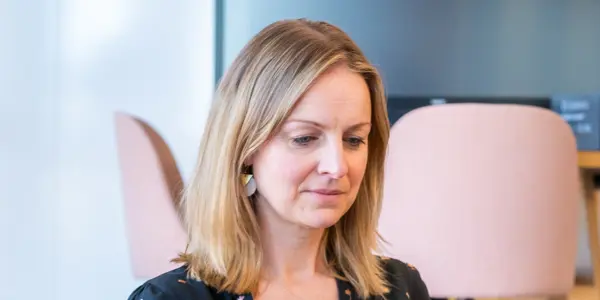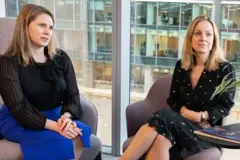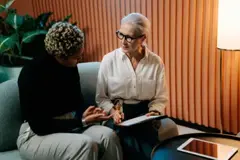What we offer
Unlock new heights in your professional journey with us!
The Chartered Governance Institute UK & Ireland is the international qualifying and membership body for company secretaries and governance professionals. We train, qualify and support those working in governance at all levels.
Our unique portfolio of internationally recognised qualifications develop the skills and understanding of those working in governance across the private, public and not-for-profit sectors.

Don't just take it from us
"I thoroughly enjoyed this training. It was informative and elaborate, taking into account emerging trends in effective minute taking. Looking forward to applying the lessons learnt to my assignments."
— John, Effective Minute Taking Course








